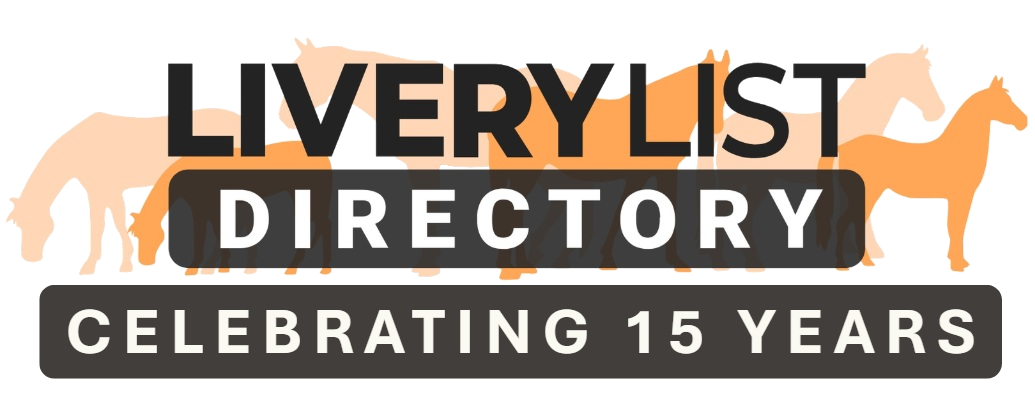 The equestrian industry offers a broad range of career opportunities, from riding and training to management and veterinary practice. For those who wish to have a career in this industry, some cities of the world stand out due to their thriving equestrian culture, good pay, and academies. What follows are some of the best cities for an equestrian career, potential pay, and learning paths offered.
The equestrian industry offers a broad range of career opportunities, from riding and training to management and veterinary practice. For those who wish to have a career in this industry, some cities of the world stand out due to their thriving equestrian culture, good pay, and academies. What follows are some of the best cities for an equestrian career, potential pay, and learning paths offered.
Ocala, Florida, USA
Known as the “Horse Capital of the World,” Ocala boasts a successful equine industry. The city is full of horse farms, training centers, and horse shows, with a lot of career opportunities. Ocala professionals can expect high remuneration, with equine veterinarians at $60,000 to $100,000 annually, and horse trainers between $30,000 to $75,000 annually, depending on experience and success rate.
Ocala offers many educational options. Schools offer specialized equine science programs, such as courses in equine science, business management, and training techniques. Tuition is not the same for all programs, with community colleges offering courses from $2,000 to $5,000 per semester, and private schools more.
Lexington, Kentucky, USA
Lexington is also a famous horse city, and also referred to as the “Horse Capital of the World” together with Ocala. The city’s economy is heavily reliant on the horse industry, and there are numerous breeding farms, racetracks, and equine medical facilities. Salaries in Lexington are competitive; for instance, equine nutritionists earn between $50,000 and $80,000 annually, and stable managers between $35,000 and $60,000 annually.
The University of Kentucky, in Lexington, has total equine programs. The students may opt for obtaining a degree in equine science and management, with resident tuition fees amounting to about $12,000 annually, and non-residents paying more.
Newmarket, Suffolk, United Kingdom
Newmarket is a dominant role in the UK’s horse culture and is renowned for its thoroughbred breeding and racing industry. The employment opportunities are extensive, with positions ranging from stable staff to jockeys and trainers, to bloodstock agents. Salaries vary; experienced jockeys can earn enormous figures, especially when their horses win major races, but stable staff could earn £16,000 to £25,000 annually.
Educational pathways in Newmarket include apprenticeships and courses offered by organizations like the British Racing School. The courses focus on practical skills and industry experience, and course fees vary depending on duration and content. Applicants are encouraged to make direct contact with the organizations for accurate information.
Toowoomba, Queensland, Australia
Toowoomba is emerging as a serious player in the equestrian industry, with plans on the table to construct an international-standard equestrian centre for $54 million. It will create a range of jobs in events management, training, and centre upkeep. The specific figures available for Toowoomba are scarce, but other similar roles within Australia have acceptable salaries; that is, equestrian coaches can earn between AUD 50,000 and AUD 70,000 annually.
Educational centers within the area are on the rise, with specialized training programs to be provided once the equestrian center is operational. Institutions within the area can also provide equine studies courses, with fees varying depending on the program and institution.
Jakarta, Indonesia
While not traditionally known as an equestrian hub, Jakarta is becoming more interested in equestrian sport. Riding academies like the Jakarta International Equestrian Park offer riding instruction and competition classes, creating a demand for trained instructors and support personnel. Salaries for Jakarta’s equestrian professionals can be quite inconsistent; riding instructors can earn IDR 5,000,000 to IDR 10,000,000 monthly, depending on experience and clientele.
For individuals who wish to study within this field, there are riding lessons and beginner training courses provided within local equestrian centers. For instance, the Bali Equestrian Centre provides lessons at adult rates starting at 700,000 IDR for a 45-minute ride. While centered in Bali, this is representative of the type of services that are emerging within Indonesia’s equestrian industry. Upcoming professionals may be required to undergo formal training elsewhere or through training programs to attain higher levels of qualification.
Edutational Paths and Costs
It generally requires formal schooling and on-farm experience to make a living in the equine career. Practitioners typically start with equine science or equine business management bachelor’s or master’s degrees or diplomas. Costs for these degrees vary across the globe:
United States: Costs by state universities for resident students are between $10,000 and $20,000 per annum, and private institutions may cost more than $30,000 annually.
United Kingdom: Home students would expect to pay approximately £9,000 a year, with overseas students paying more.
Australia: Local students pay AUD 20,000 to AUD 30,000 per annum, with international charges higher.
It is essential that potential students visit individual programs and institutions to discover correct and up-to-date details regarding fee charges and associated costs.
or certifications in equine science, equine business management, or related fields.
For those applying to universities or training institutions, writing a formal letter of application is often required. This should include details about their equestrian experience, career goals, and reasons for choosing the specific program. Properly structuring this letter can significantly improve the chances of securing a place in a competitive course.
Conclusion
Joining the equestrian career can be gratifying but challenging. Cities like Ocala, Lexington, Newmarket, Toowoomba, and Jakarta offer unique opportunities for equestrian professionals, each with its own strengths in terms of job opportunities, salaries, and educational facilities. By carefully considering these factors and pursuing the right education and experience, individuals can position themselves for success in the dynamic profession of equestrian careers.
